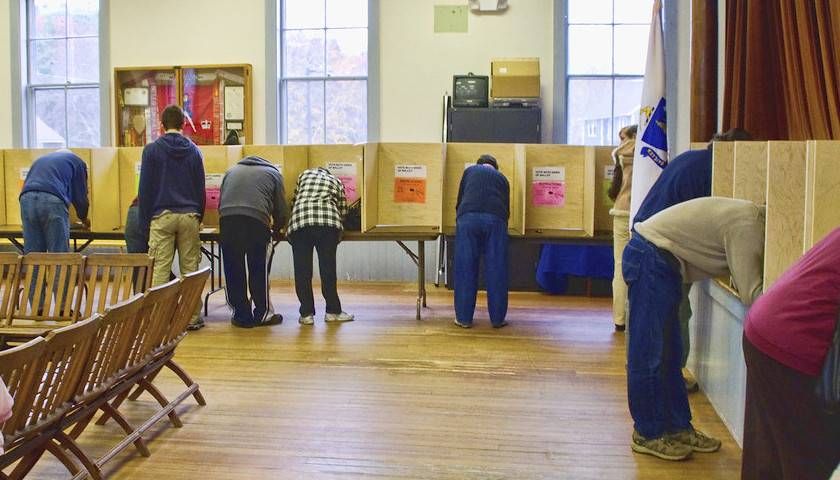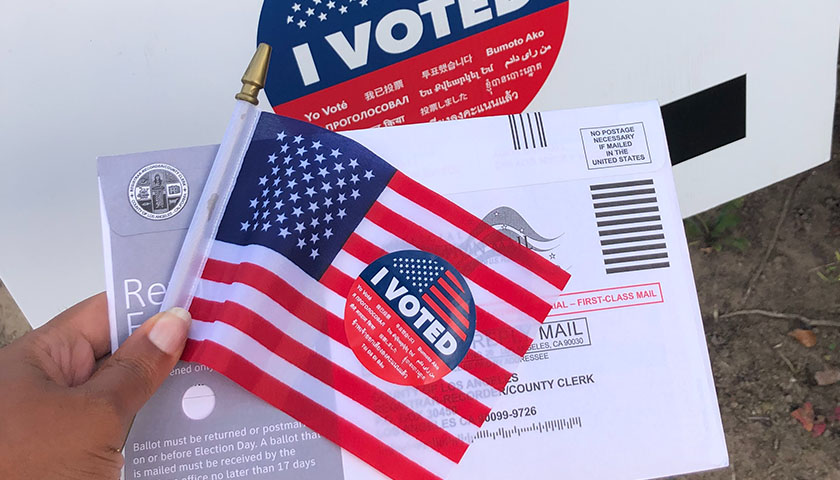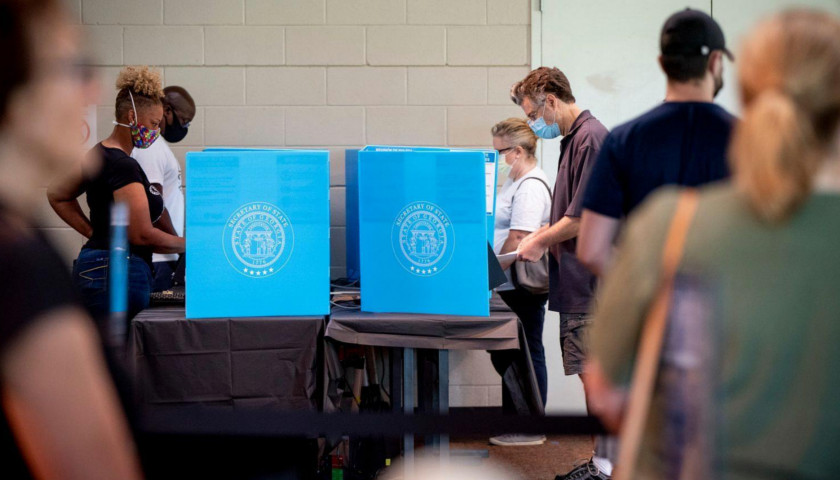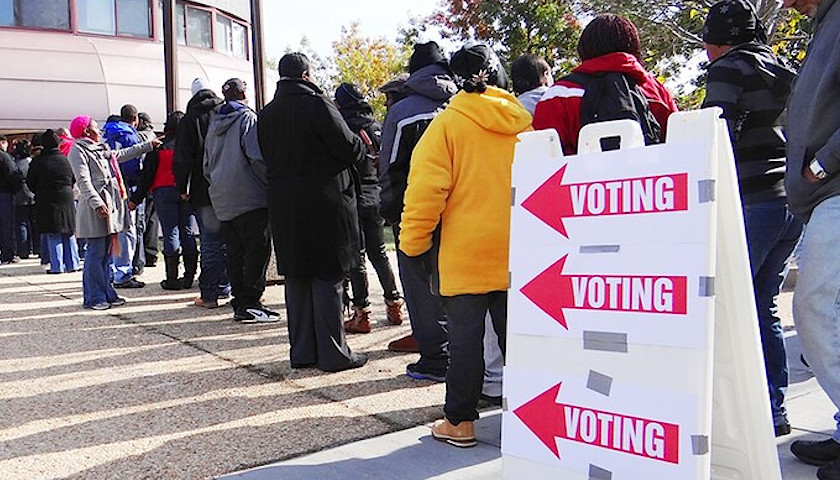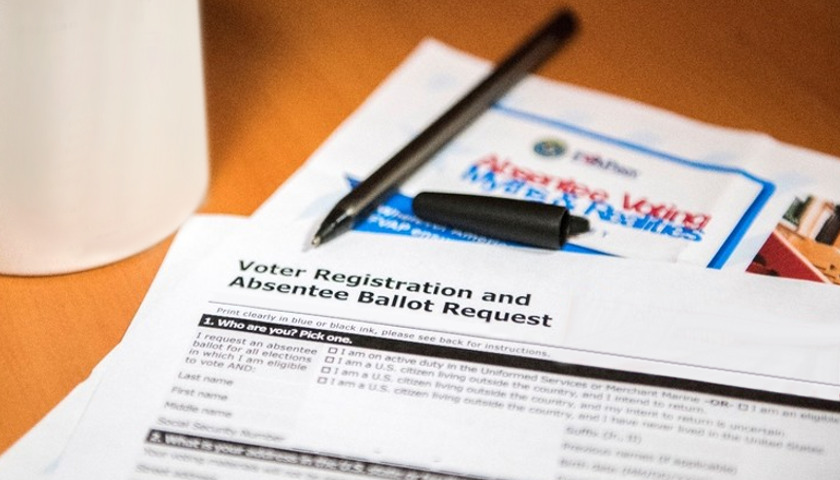There are multiple ongoing or just-filed election lawsuits this year that could have wide-ranging impact on the 2024 elections, as plaintiffs from both sides of the political aisle challenge election laws or applications of them.
In 2020, there were as many as 400 lawsuits brought by both Republicans and Democrats regarding election procedures and laws as election administration was quickly changed during the COVID-19 lockdowns leading up to the presidential election. This year, new election lawsuits are focusing on candidate eligibility, different changes in law, and alleged violation of election laws. All of these lawsuits may greatly impact how the 2024 presidential election will be conducted.
Read More
